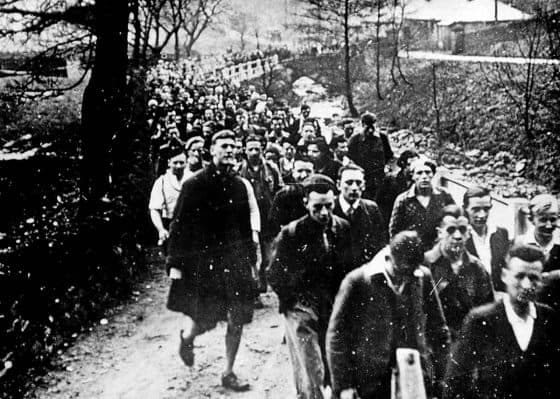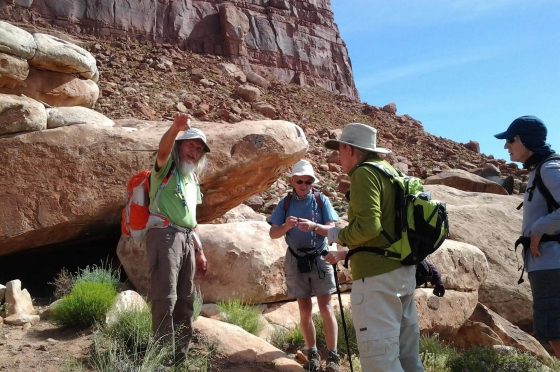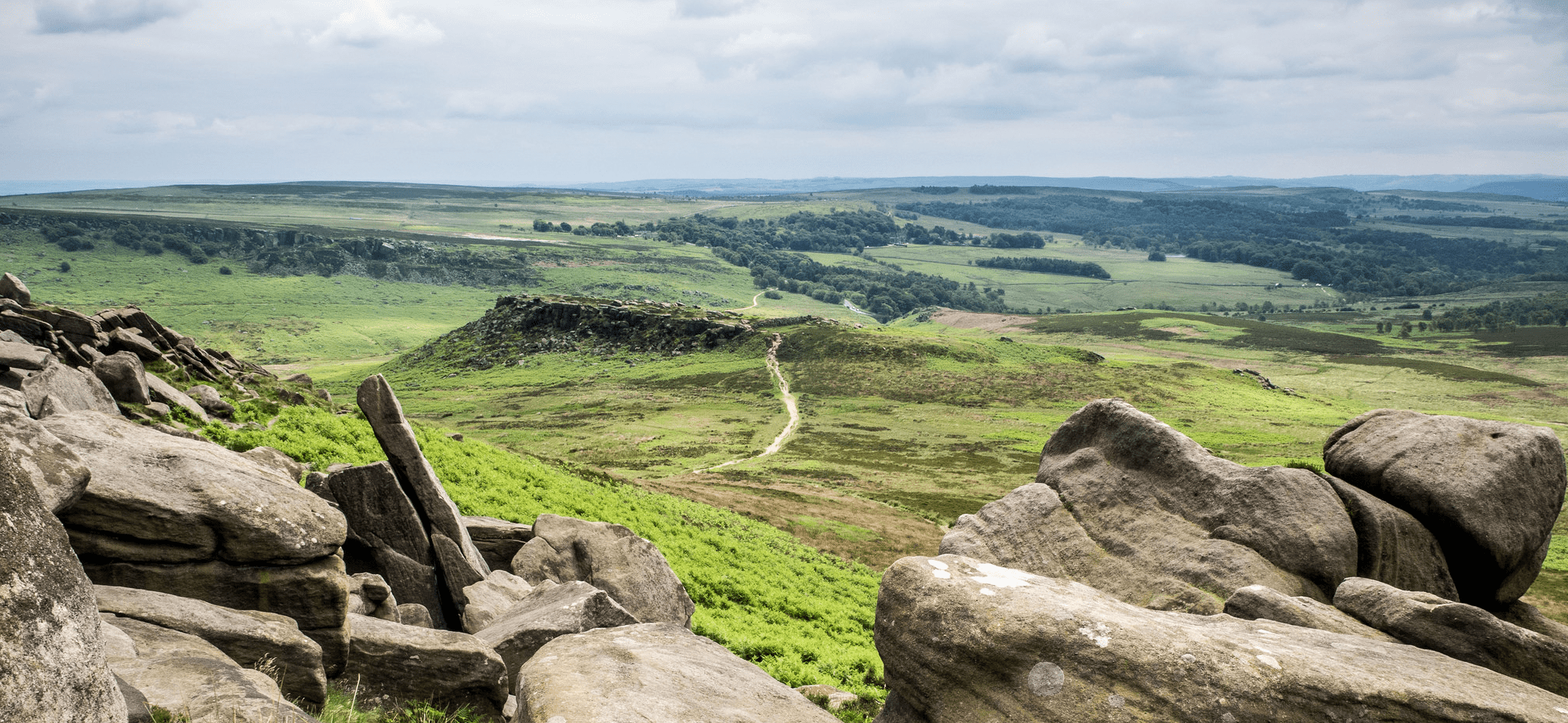Eighty-five years ago in April 1932, over 400 young Manchester and Salford workers participated in a Mass Trespass on Kinder Scout in the nearby Peak District.
Trespassing on Kinder Scout was an act of defiance, from a group that found walking in the countryside offered a relief from the polluted, industrial towns and cities.
In so doing they made history and bolstered the continuing struggle for the Freedom to Roam on Uncultivated Land in England and Wales.
Their efforts contributed to the National Parks and Access to the Countryside Act of 1949, a landmark case in opening up Britain’s natural spaces to the public.

US Officials Raise Entrance Fees for National Parks
Thoughts of the Kinder Scout Protest are close at hand this week with the news of increased visitor fees for US National Parks.
Denis Galvin, a former deputy director of the NPS (National Park Service), has been making the case for more focus on public land infrastructure.
The NPS maintenance backlog “is a multi-billion dollar problem,” Galvin says. “$70 million a year [from increased user fees] isn’t going to help.”
A commitment to improving public is not impossible, in fact, a similar initiative, Mission 66, was launched under the Eisenhower administration in 1956.
The idea was a success, funding visitor centres, trail repairs and new National Parks across the length and breadth of the country.

Protecting the Right to Roam
In 2005, after years of campaigning, walkers finally were given a new right of access to most areas of open country in England and Wales: mountain, moor, heath, down and common land.
The right gives walkers the freedom to roam over wide areas of land, using any path or even walking off the path if they wish.
But the work of walkers groups, such as the Ramblers association, is ongoing; public access to land is an issue that thrives on the tenacity of those who are willing to defend it.
Outdoor recreation shouldn’t be a specialist hobby, everybody should have the opportunity to get out walking.
Where inactive lifestyles are becoming common, a free and easy way of getting exercise is needed more than ever.
Next time you’re out and about on the moors and mountains, spare a thought for the trespassers of 1932 (some of whom were jailed for what should be a birthright).
Without their brave actions on April 24th, 1932, we wouldn’t have the freedom to roam the most beautiful spaces in England and Wales.


